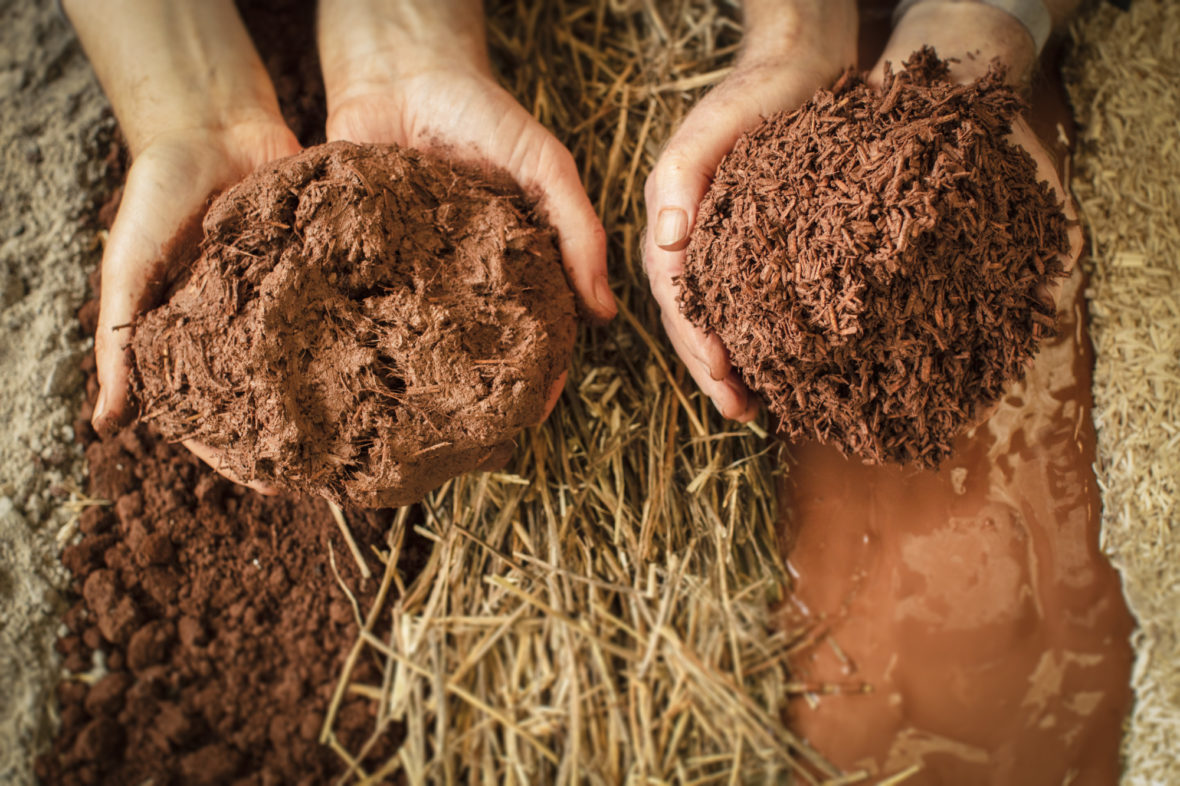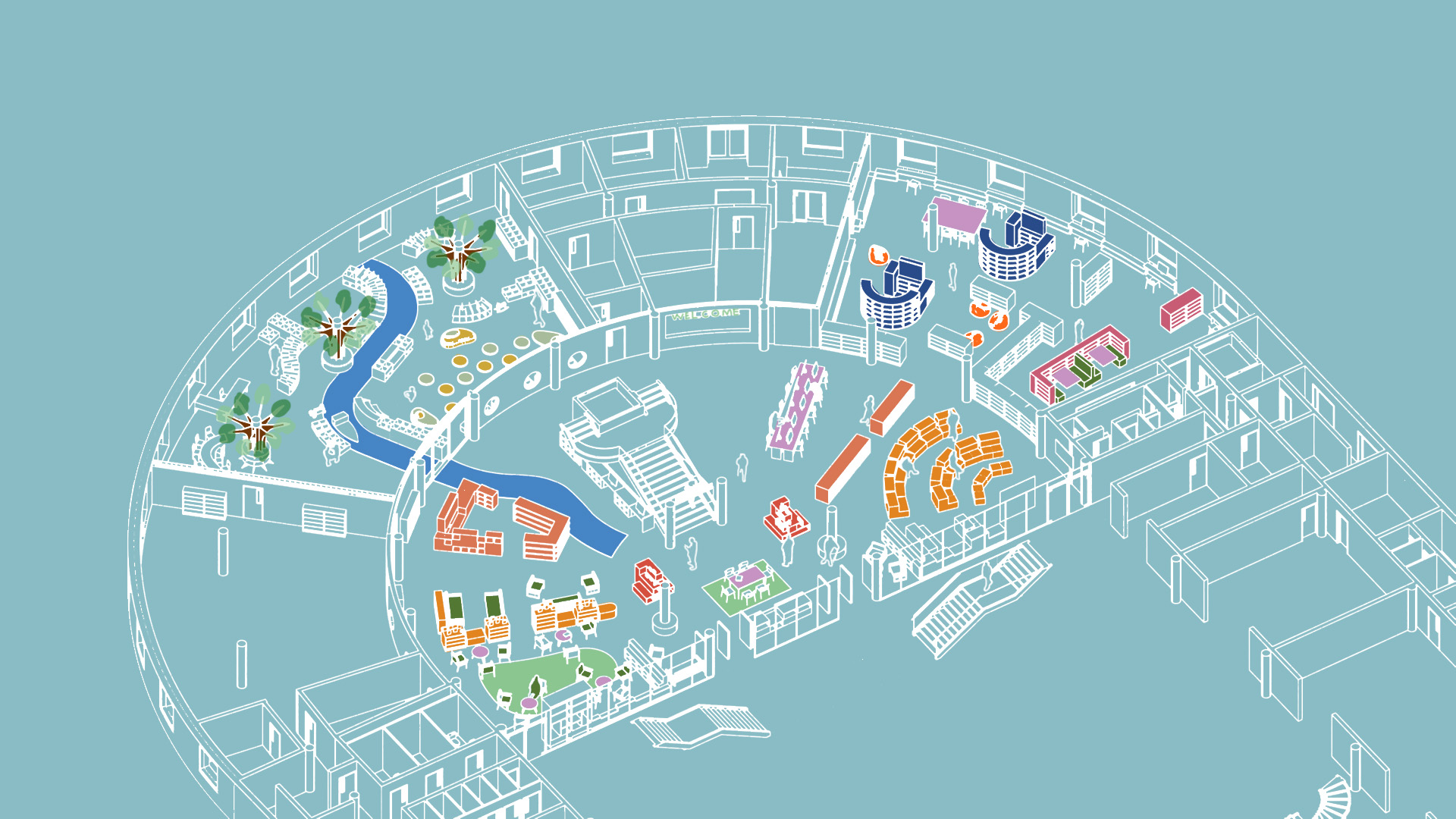
We are presenting our EU funded earth based research construction project, CobBauge, next week at the De-growth conference organised by the International Society for Ecological Economics. It will show one way that the construction industry could reduce its devastating carbon emissions and impact on the environment.
The consumption of materials, the energy needed to extract, process, manufacture and transport them and the resulting pollution is unprecedented in human history. It will further increase as more of the world’s population becomes wealthier and looks for higher living standards. The consequences, as we know to our cost, are global warming, the destruction of natural habitats and ecosystems and the impact this is having on human wellbeing. The side effects are increasing scarcity of resources (eg: water) and pollution effecting our health such as cancer or respiratory diseases. Construction plays a huge picture in this story; after food production it is the largest consumer of raw materials in the world today placing huge stress on the need for energy and disturbance of environment. It is an energy intensive industry; the production, operation and demolition of buildings amounts to no less than 40% of all energy used in society. We have made remarkable inroads into reducing the demands for operational energy though better insulation and the principles of Passivhaus; however, the construction and demolition of buildings is now the elephant in the room and needs to be addressed. Re-evaluating earth construction through CobBauge is a small contribution at looking at this.
Earth is still the second most widespread building material (after bamboo) and accommodates 30% of the world’s population, yet it has all but been dismissed by the developed economies as a way of building. Despite its amazing properties of being abundant, local, low energy, easy to build with and having the potential of providing healthy well-tempered indoor living conditions in the twenty first century. CobBauge makes the most of this potential.
For more information on CobBauge and the conference see:


